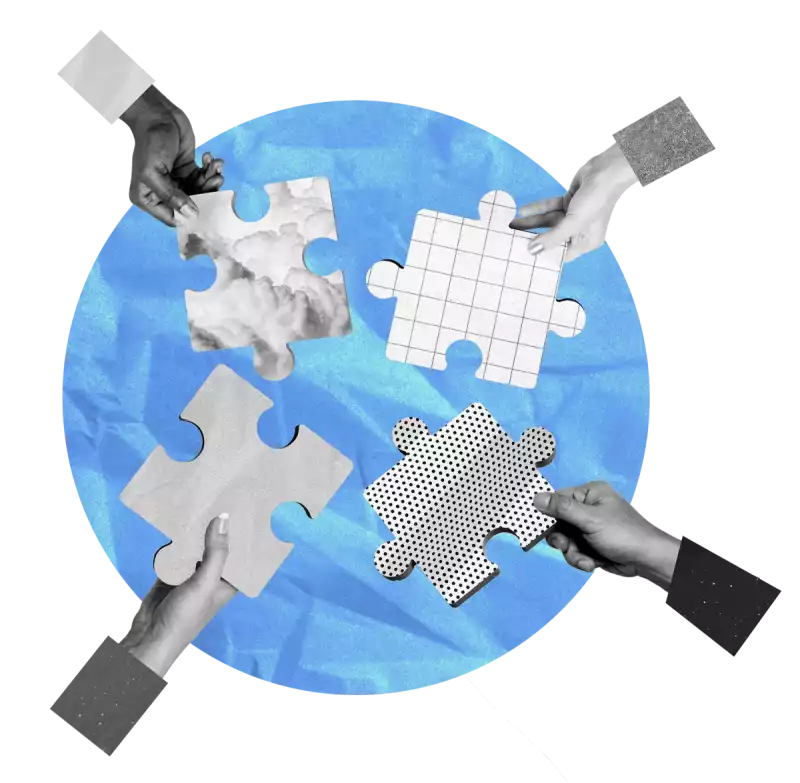Every day, an unknown number of elephant tusks, rhino horn, pangolin scales and other wildlife products – alive and dead – cross the oceans in container ships and cargo flights for use in traditional medicine, crafts and the illegal pet trade. Rare trees are felled in ancient forests and shipped out under false certificates.
They leave behind the butchered carcasses of the last remaining animals of many species, scarred and emptied landscapes, legal livelihoods undermined by corruption and criminal activity, and communities ravaged by organised crime networks.
The Basel Institute is contributing to tackling illegal wildlife trade and its negative impacts on communities, economies and biodiversity from the angle of financial crime. This quick guide by our Managing Director Gretta Fenner gives an insight into our approach and how our various areas of expertise fit together to help solve this complex puzzle.
About this Quick Guide
This work is licensed under a Creative Commons Attribution-NonCommercial-NoDerivatives 4.0 International License. It is part of the Basel Institute on Governance Quick Guide series, ISSN 2673-5229.











